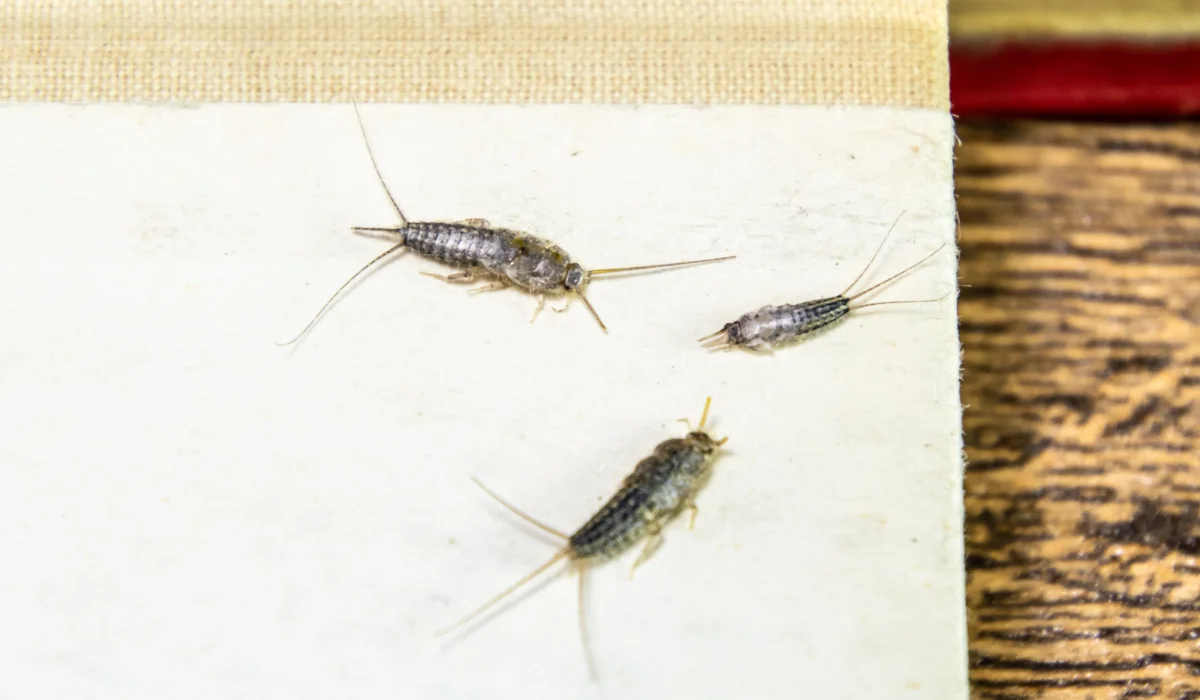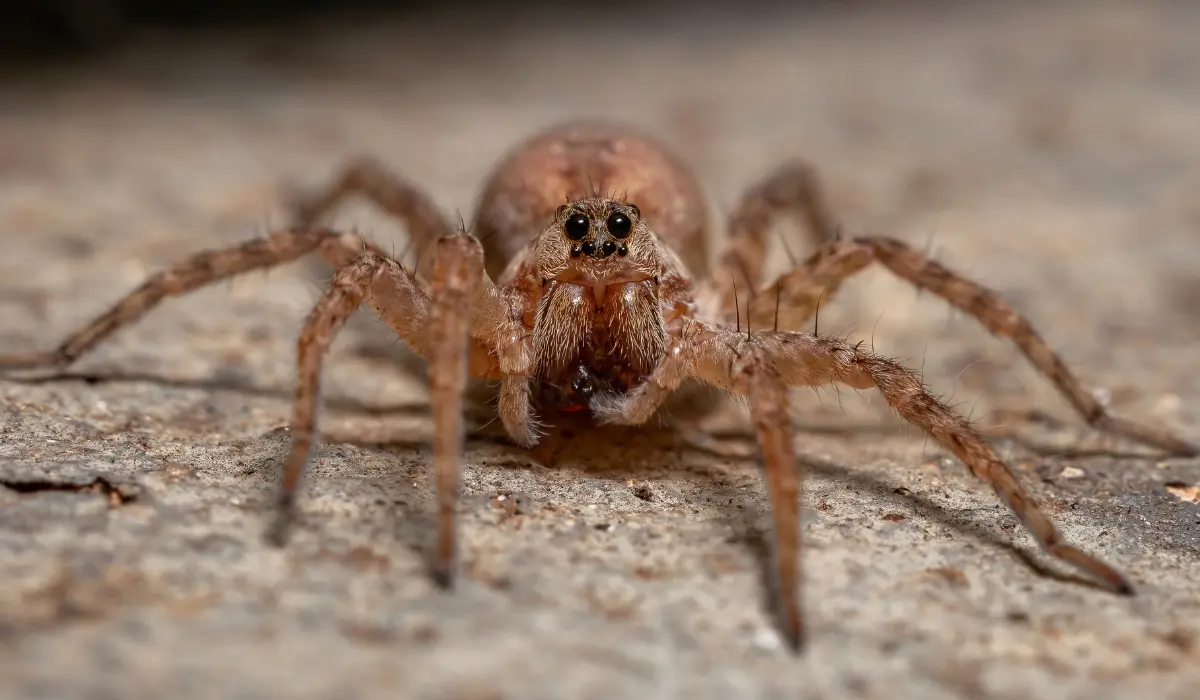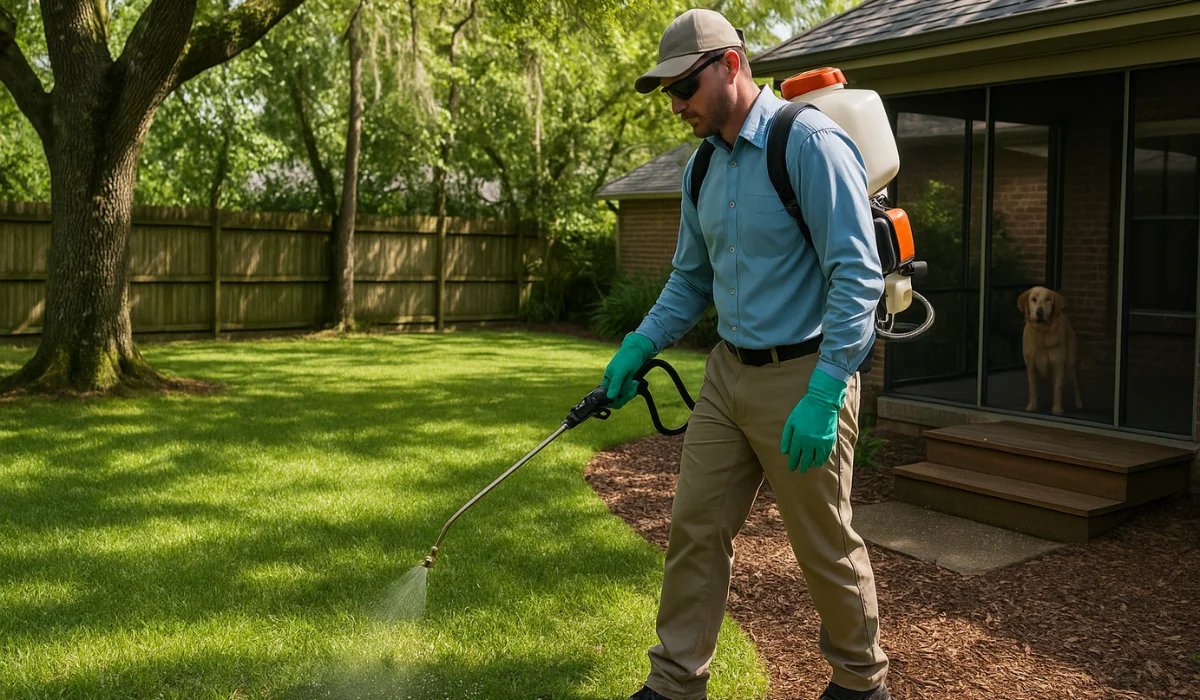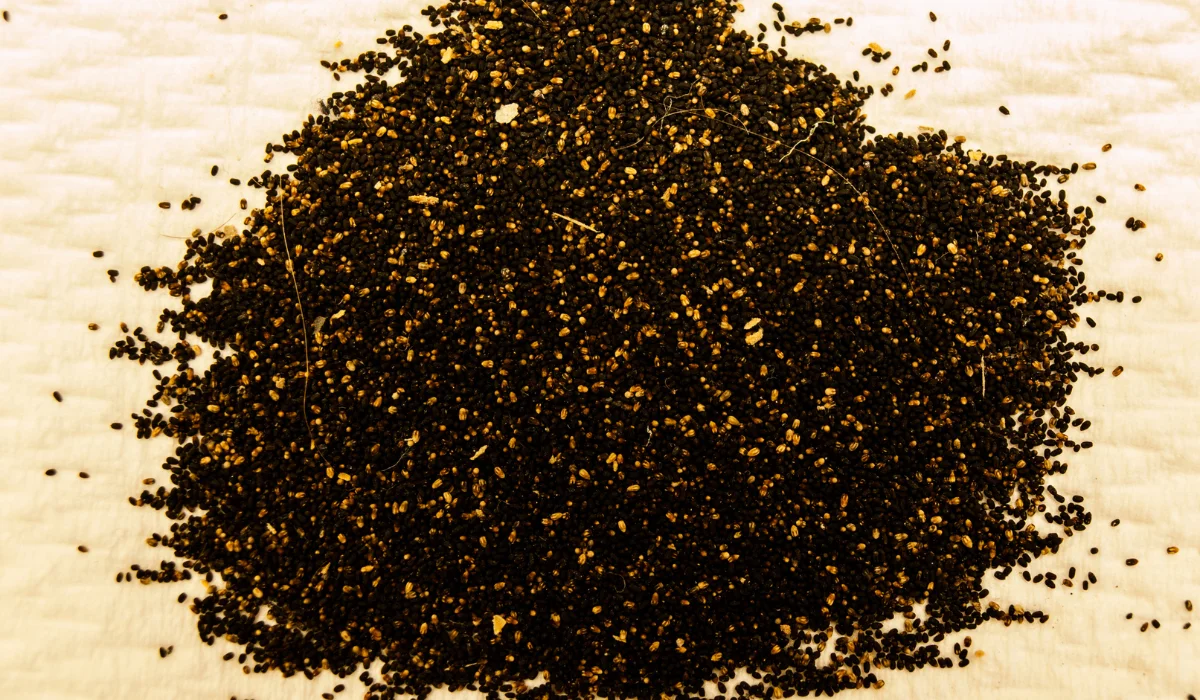If you’ve spotted a few silverfish creeping across your bathroom floor or hiding in the corners of your basement, you might be wondering if there’s more to the story.
These creepy, wingless insects might not bite or sting, but their presence can indicate underlying issues in your home and potentially invite even more unwelcome guests.
Let’s talk about what a silverfish infestation means, what might be drawing them in, and how you can get rid of silverfish for good.
Key Takeaways
• Silverfish are drawn to moisture and starch-rich materials like wallpaper and book bindings.
• Their presence may signal damp areas or conditions that could attract other pests like roaches and termites.
• Sealing crevices and reducing humidity are key to long-term silverfish control.
• Professional pest control helps identify root causes and treat infestations effectively.
What Are Silverfish and Why Are They in My Home?
Silverfish, or Lepisma saccharina, are small, silvery insects known for their quick, fish-like movements and long antennae. You’ll most often find them in humid environments like basements, crawl spaces, and laundry rooms.
They feed on carbohydrates and starch, things like paper, wallpaper glue, book bindings, and even cardboard boxes. If you’re seeing signs of silverfish activity, such as yellow stains, tiny holes, or even their pepper-like droppings, there’s a good chance they’ve settled in.
Are Silverfish a Sign of a Bigger Problem?
Yes, sometimes they are. Silverfish are moisture-loving insects. If they’re thriving in your home, you likely have underlying issues that need attention.
1. Moisture Problems
Silverfish love damp areas. Leaky pipes, poor ventilation, or general humidity can all create the perfect environment for them. Unfortunately, these same conditions can attract other pests too, especially termites, cockroaches, and even mold growth.
2. Food Source for Other Pests
Silverfish themselves can become food for more aggressive pests like roaches and spiders. So if you’re dealing with one pest, you may soon be dealing with another.
3. Hidden Entry Points
To get inside, silverfish sneak through tiny gaps and cracks in your foundation or around windows and doors. If they’re getting in, so can other household pests.
4. Overlooked Infestations
A few silverfish can multiply into many. Their presence may signal a well-established infestation that’s gone unnoticed behind walls or under floors.
Where Silverfish Like to Hide
These insects prefer quiet, undisturbed areas. If you’ve found them, check other likely spots around your home, including:
• Inside wallpaper and behind baseboards
• Among books, cardboard boxes, and paperwork
• In attics, crawl spaces, and around laundry areas
• Near food sources like pet food and pantry goods
How to Get Rid of Silverfish in Your Home
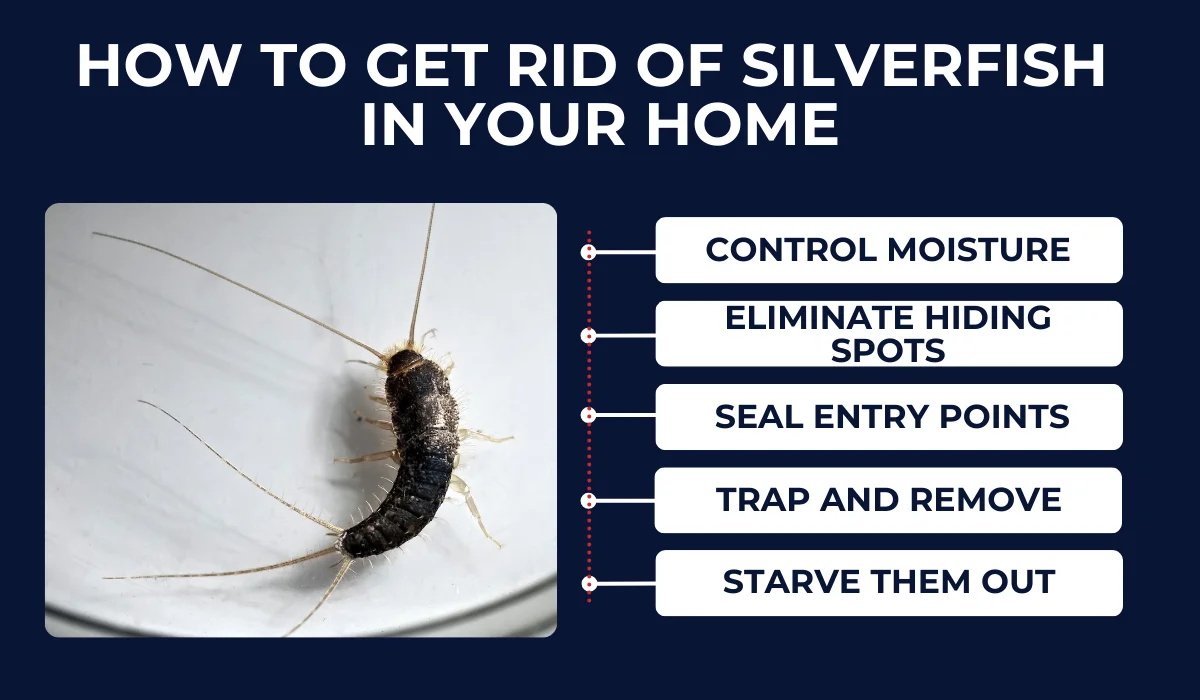
Getting rid of silverfish means addressing both the bugs and the conditions that attract them. Here’s what works:
Control Moisture
Silverfish thrive in humid environments, so start by fixing any leaks and using dehumidifiers in damp areas like basements and laundry rooms. Make sure bathrooms and kitchens have proper ventilation.
Eliminate Hiding Spots
Declutter storage areas, especially places with cardboard boxes or stacks of paper. Consider switching to airtight containers for storage, particularly in garages, attics, and closets.
Seal Entry Points
Use caulk to seal cracks and crevices around windows, baseboards, and foundation walls. Pay special attention to areas near plumbing and HVAC openings.
Trap and Remove
You can use sticky traps in areas where you’ve noticed silverfish activity. These traps won’t eliminate the infestation, but can help you monitor progress.
Starve Them Out
Silverfish feed on cellulose, carbohydrates, and starch. Keep books, wallpaper, and pantry items sealed up tight, store food in airtight containers, and regularly clean pantry shelves.
Is It Silverfish or Something Else?
Silverfish are often confused with firebrats, which look similar but prefer hotter environments. Unlike firebrats, silverfish prefer cooler, moist spaces, making basements and crawl spaces their go-to spots.
If you’re unsure which insect you’re dealing with, our team has a full array of tested pest control ideas that can help with identification and treatment. We’ll also inspect for signs of related pests like termites, cockroaches, or even bed bugs, which may be sharing the same environment.
Understanding the Silverfish Life Cycle
A female silverfish can lay dozens of eggs over her lifetime. Once hatched, nymphs go through several molts before becoming adults, sometimes up to 30 molts. Since they don’t need much to survive, even a small silverfish problem can persist for years if untreated.
That’s why working with experienced pest control services is essential. Catching and stopping the life cycle early prevents future infestations.
Know When to Call the Pros
If you’re still seeing silverfish or suspect there may be hidden nests, it’s time to bring in professional help. A trusted pest control company like LaJaunie’s Pest Control can evaluate the whole situation and implement a tailored pest management plan.
Just give us a call and we will entertain your queries.
Whether you’re in Baton Rouge, New Orleans, or nearby, we’re here to help homeowners reclaim their space from household pests.
FAQs
What attracts silverfish to a house?
Silverfish are drawn to damp, dark areas and materials rich in starch or sugar, like paper, wallpaper paste, and fabrics. High humidity is their biggest attractant, especially in basements, bathrooms, and crawl spaces.
Can silverfish cause damage?
Yes. They can damage books, wallpaper, stored clothing, and pantry items. Their feeding habits often go unnoticed until you find holes or yellow stains on paper or fabrics.
Do silverfish mean I have a dirty house?
Not necessarily. Silverfish are more interested in moisture and food sources than cleanliness. But cluttered spaces and unchecked humidity can make the pest problem worse.
 By: LaJaunie's Pest Control
By: LaJaunie's Pest Control 